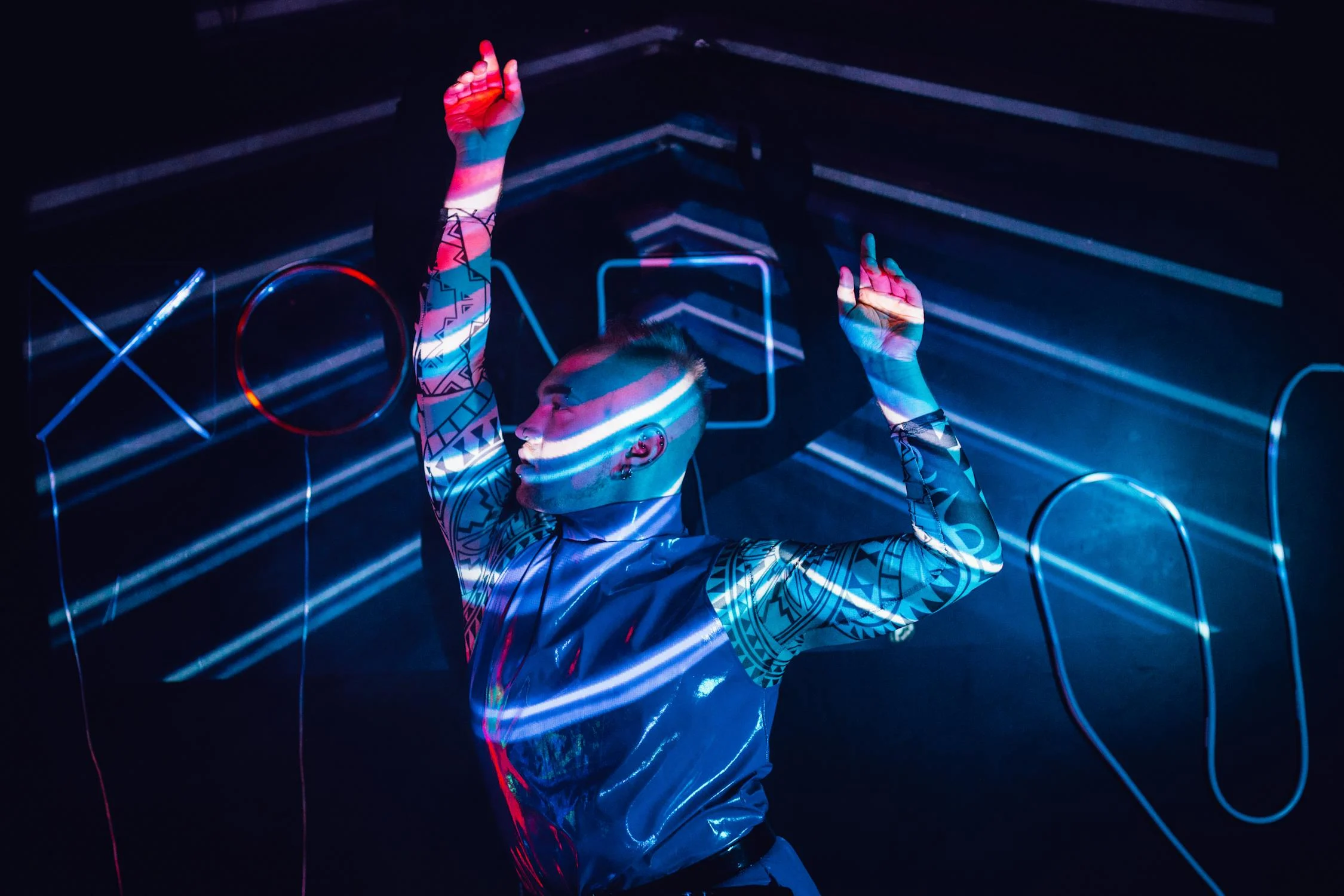The Legal and Business Risks for Music Libraries Releasing AI-Generated Music

AI Music Sounds Great—Until It Doesn’t
On the surface, AI-generated tracks can seem like a fast, cheap way to grow your music library. But without proper vetting, these tracks could bring more trouble than they’re worth. If an AI song is trained on copyrighted work, you might unknowingly distribute a legal landmine.
Copyright Gray Zones
Unlike traditional music, AI content often has murky origins. Was it trained on copyrighted material? Is the output truly original? If the answers are unclear, libraries could face takedown notices, lawsuits, or loss of licensing deals. The stakes are high, and growing.
Business Reputation Is on the Line
Music supervisors, ad agencies, and film studios want trusted sources. If your catalog gets flagged for copyright issues or low-quality synthetic music, clients may take their business elsewhere. One bad sync can damage long-term credibility.
Detection = Protection
That’s where detection tools like aimusicdetection.com come in. These tools help confirm whether a track is AI-generated and flag anything that might be risky to distribute. It’s a small step that saves a lot of future headaches.
Conclusion
Music libraries are built on trust ,and once that trust is broken, it’s hard to win back. As AI-generated music becomes more sophisticated, the line between original and derivative content continues to blur. That’s why blindly accepting and distributing AI tracks without proper checks is a serious business risk.
Legal complications, such as copyright infringement or improper attribution, can lead to costly consequences—from takedown notices to full-on litigation. But the damage isn’t just legal. Your brand’s reputation, your relationship with music supervisors, and your future licensing opportunities could all be impacted.
